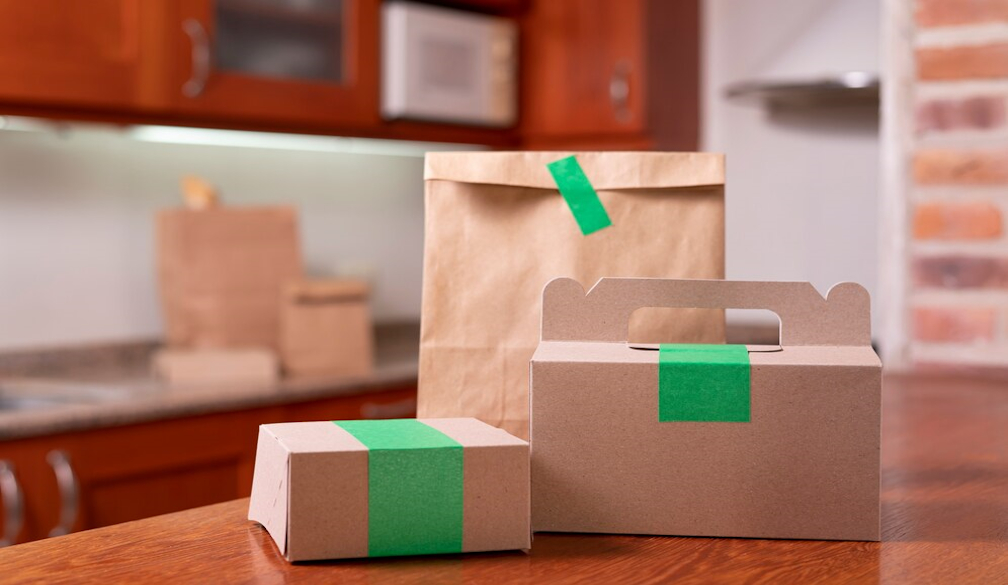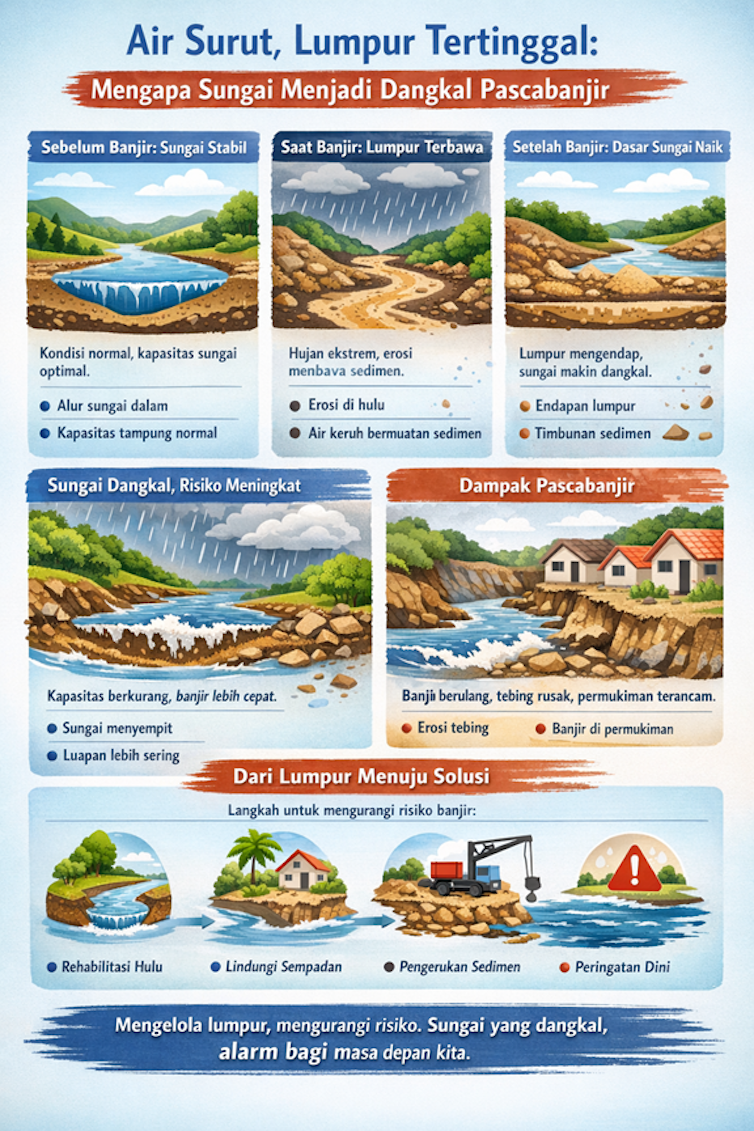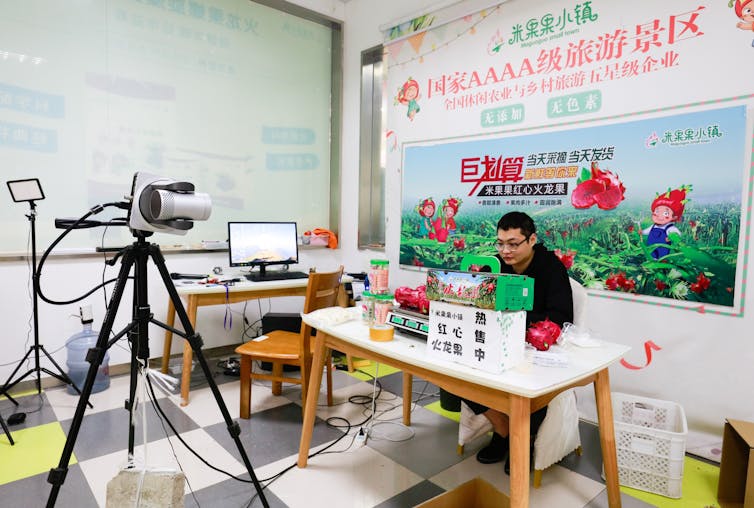The Versatility and Sustainability of Cardboard Boxes: A Must-Have in Every Industry
Cardboard boxes have long been a staple in packaging and storage across the globe. From moving houses to shipping products, their versatility and reliability have made them essential to both businesses and households. But beyond their practicality, cardboard boxes have also become a symbol of sustainability, offering an eco-friendly alternative to many other materials. In this blog post, we will dive into the reasons why cardboard boxes are so indispensable, explore their many uses, and highlight how they contribute to a more sustainable world.
The Role of Cardboard Boxes in Everyday Life
Most people think of cardboard boxes when packing up for a move, storing holiday decorations, or receiving a delivery. However, the applications of cardboard boxes extend far beyond these simple tasks. Let’s take a closer look at some of the most common ways cardboard boxes are used:
- Shipping and Logistics
Cardboard boxes are the go-to packaging for products in transit. Their ability to be easily folded, assembled, and customized makes them ideal for shipping goods of all shapes and sizes. Whether it's food, electronics, clothing, or fragile items, cardboard boxes can be tailored to protect products during transportation. Their lightweight yet sturdy structure helps to keep shipping costs low, while also ensuring that products remain safe from damage. - Storage Solutions
Whether it's for organizing a home, a warehouse, or even a commercial facility, cardboard boxes offer a cheap and effective way to store items. They are available in various sizes, which means you can find the right box for almost any storage need. Many people also use cardboard boxes to create DIY storage solutions, such as shelves, dividers, and even furniture, thanks to their sturdy nature and ease of customization. - Retail and Consumer Packaging
Cardboard boxes are commonly used in the retail sector for packaging products. From cereal boxes to the packaging of household appliances, cardboard offers a cost-effective and customizable solution that is easy to brand with logos, product information, and other promotional materials. This makes cardboard not only a protective material but also a powerful marketing tool.
Why Cardboard Boxes Are Environmentally Friendly
In today’s world, sustainability is becoming increasingly important, and cardboard boxes are seen as a more eco-friendly option compared to plastic or other non-recyclable materials. Here’s why cardboard is considered green:
- Recyclability
Cardboard is made from wood pulp, which is a renewable resource. Unlike plastic, which can take hundreds of years to decompose, cardboard boxes are biodegradable and can be recycled multiple times. Recycling cardboard helps to reduce waste, conserve energy, and decrease the demand for virgin materials. Most cardboard boxes are recyclable, and the process of recycling them requires less energy than producing new materials. - Reduced Carbon Footprint
The production of cardboard is less resource-intensive compared to plastic. As a result, it produces fewer carbon emissions during manufacturing. This means that using cardboard boxes instead of plastic packaging helps to mitigate environmental harm. Additionally, the widespread availability of recycling programs ensures that cardboard waste is often diverted from landfills, further reducing its environmental impact. - Sustainably Sourced Materials
Many cardboard manufacturers today are committed to using sustainably sourced wood pulp for their products. This means that the wood used to make the cardboard is harvested in a way that does not harm the environment, with new trees being planted to replace those that are cut down. This commitment to sustainability helps to preserve forests and ecosystems, making cardboard a more responsible choice. - Easy Disposal
Compared to plastic, cardboard is much easier to dispose of in an eco-friendly manner. While plastic may require special facilities to be recycled, cardboard can typically be placed in standard curbside recycling bins. Plus, since cardboard is biodegradable, it will break down naturally in the environment, causing minimal damage to wildlife if it does end up in a landfill.
The Business Case for Cardboard Boxes
For businesses, especially those that rely on shipping, packaging, and storage, cardboard boxes offer several benefits. Let’s explore how cardboard helps companies stay efficient and cost-effective.
- Cost-Effectiveness
Cardboard boxes are relatively inexpensive to produce and purchase, making them a cost-effective solution for companies large and small. Their lightweight nature reduces shipping costs, especially for companies that ship products internationally. Moreover, their ability to be recycled and reused helps businesses save money in the long term by reducing the need for new materials. - Customization and Branding
Many companies opt for custom cardboard boxes that reflect their brand identity. These boxes can be printed with logos, color schemes, and marketing messages, which increases brand recognition. Custom packaging is an effective way to enhance the customer experience, making unboxing feel special, and even encouraging customers to share their purchases on social media. - Safety and Protection
For businesses that deal with fragile or valuable products, cardboard boxes offer excellent protection during transit. Whether it’s reinforced boxes with double-walled construction or specially designed boxes with cushioned interiors, cardboard can be customized to provide extra protection against damage. This ensures that products reach their destination in perfect condition, reducing the risk of returns and enhancing customer satisfaction. - Flexibility and Versatility
Cardboard boxes can be manufactured in virtually any size and shape, making them an incredibly versatile solution for businesses in any industry. Whether it’s a small box for jewelry or a large box for furniture, cardboard packaging can meet the specific needs of a wide range of products. Its malleability also allows for creative packaging designs that improve product presentation and customer appeal.
Conclusion
Cardboard boxes are more than just a convenient and cost-effective solution for packaging and storage. Their versatility, recyclability, and sustainability make them a crucial component in the fight against plastic waste. Whether you’re using cardboard boxes for personal organization or as part of a global supply chain, you’re contributing to a greener, more sustainable world. As innovation continues to drive the packaging industry forward, the humble cardboard box will undoubtedly remain an indispensable part of everyday life, business operations, and environmental responsibility.






